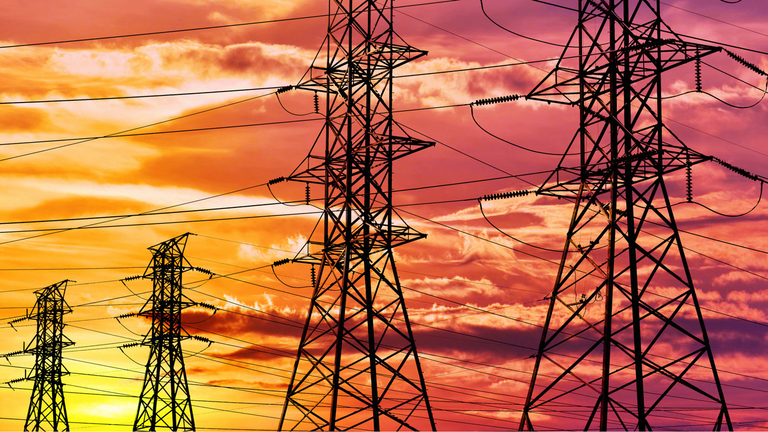Analyst Insight
Power: Deal With Siemens – The Birth of a New Era?
Published
6 years agoon

By CSL Research

Read Also:
Recently, the Minister of Power, Sale Mamman disclosed that the power deal between Nigeria and Siemens AG, a renowned German firm, will lead to the upgrading of 105 power substations and construction of 70 new substations across the country.
The Minister also disclosed that the Federal Government had made an initial N8.6bn commitment in the transaction.
We recall in July 2019, Nigeria and Siemens signed a power sector deal which provides a blue print on improving power generation and fixing the archaic transmission and distribution infrastructure in the sector.
Notably, the president set a goal of achieving 7,000MW and 11,000MW of reliable power supply by 2021 and 2023.
Siemens’ position in the power value chain remains unclear to us given the huge investment it is committing to make.
Currently, the Transmission Company of Nigeria (TCN) is 100% owned by the government while the Gencos and Discos are privately controlled.
While, we see a possibility of Siemens getting a stake in TCN, we struggle to see how that will work for the discos and gencos given that Siemen’s huge invesments may mean they have to cede control.
Also, government’s desire to maintain a stranglehold on the power sector in bid to regulate electricity tariffs remains a key risk to any investment in the sector.
We are also sceptical on Siemen’s ability to recoup its investment given that the liquidity squeeze in the sector attributable to non-cost reflective tariffs remains unresolved.

Over the years, the widening deficiency in on-grid supply of power has forced consumers into costly off-grid alternatives, which account for 52% of electricity consumption, based on IMF estimates.
According to the world bank, about 80 million people still lack access to grid electricity, making Nigeria the country with the largest access deficit in Sub-Saharan Africa.
The institution further puts the national electrification rate at 55%, with rural electrification rate at a meagre 39%. Clearly, a lot of work is required in improving the supply of power across the country and ensuring its availability to unserved and underserved households and businesses.
Share this:
- Click to share on X (Opens in new window) X
- Click to share on Facebook (Opens in new window) Facebook
- Click to share on WhatsApp (Opens in new window) WhatsApp
- Click to share on Pocket (Opens in new window) Pocket
- Click to share on Telegram (Opens in new window) Telegram
- Click to email a link to a friend (Opens in new window) Email
- Click to share on LinkedIn (Opens in new window) LinkedIn
You may like


Vandals Launch Explosive Attacks on Electricity Transmission Tower – TCN


Nigeria Earns $369m from Electricity Export


ALARM: Power Blackout Imminent in Lagos by Wednesday


Nigerians Grope in Darkness as National Electricity Grid Crashes to 9MW


Worsened Blackouts Imminent as 20 Power Plants Suffer Major Problems


Nigerians in darkness as Discos reject supply of 2,495.3MW – Report










